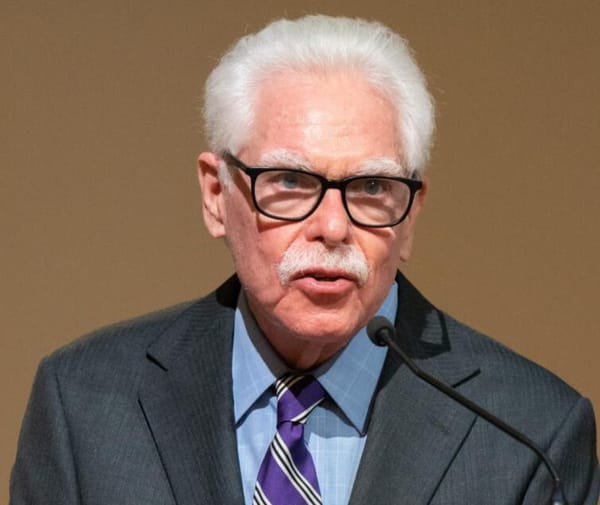Globally, Libraries Are Adapting to the Coronavirus Pandemic and Strategizing for Their Digital Futures
June 2, 2020 — Libraries consistently adapt to serve the essential education needs of surrounding communities, and their reliability and capacity to transform has only been amplified since the spread of COVID-19, said speakers in a panel hosted by Gigabit Libraries Network on Friday. Gigabit Librari

June 2, 2020 — Libraries consistently adapt to serve the essential education needs of surrounding communities, and their reliability and capacity to transform has only been amplified since the spread of COVID-19, said speakers in a panel hosted by Gigabit Libraries Network on Friday.
Gigabit Libraries Networks is an organization dedicated to ensuring libraries’ access to broadband networks and advocating for open access to information, as well as offering strategies of what libraries can do to ensure global public access to education resources in a time of heightened misinformation.
Since people have been unable to access libraries during the pandemic associated with the novel coronavirus, libraries have attempted to use their resources to reach users at home. This has been achieved through a combination of offering home delivery services and shifting to promote online resources on their platforms, such as e-books and e-media.
All kinds of digital initiatives have experienced a boost following physical closures. For example, the use of Canopy, a movie streaming service offered by many libraries, has increased by 96 percent.
Distance learning initiatives were a necessary transition for the Cuyahoga County Public Library outside of Cleveland, Ohio. Rebecca Ranallo, an information technology literacy manager, detailed how their summer reading programs will now be held online.
According to Gütersloh City Library CEO Silke Niermann, who is strategizing the facility’s reopening process in Germany, “libraries have been flexible in the shift from analogue to digital.”
While libraries have done a considerable amount to transition to the digital age, there is still room for improvement, Niermann said. She championed an increase of investments in e-resources, IT infrastructure, and digital services, such as video tutorials detailing digital skills.
When individuals are forced to remain home, digital resources and know-how are crucial to retrieving info. For many, panelists said, local libraries are the only place they have access to necessary information technology resources.









